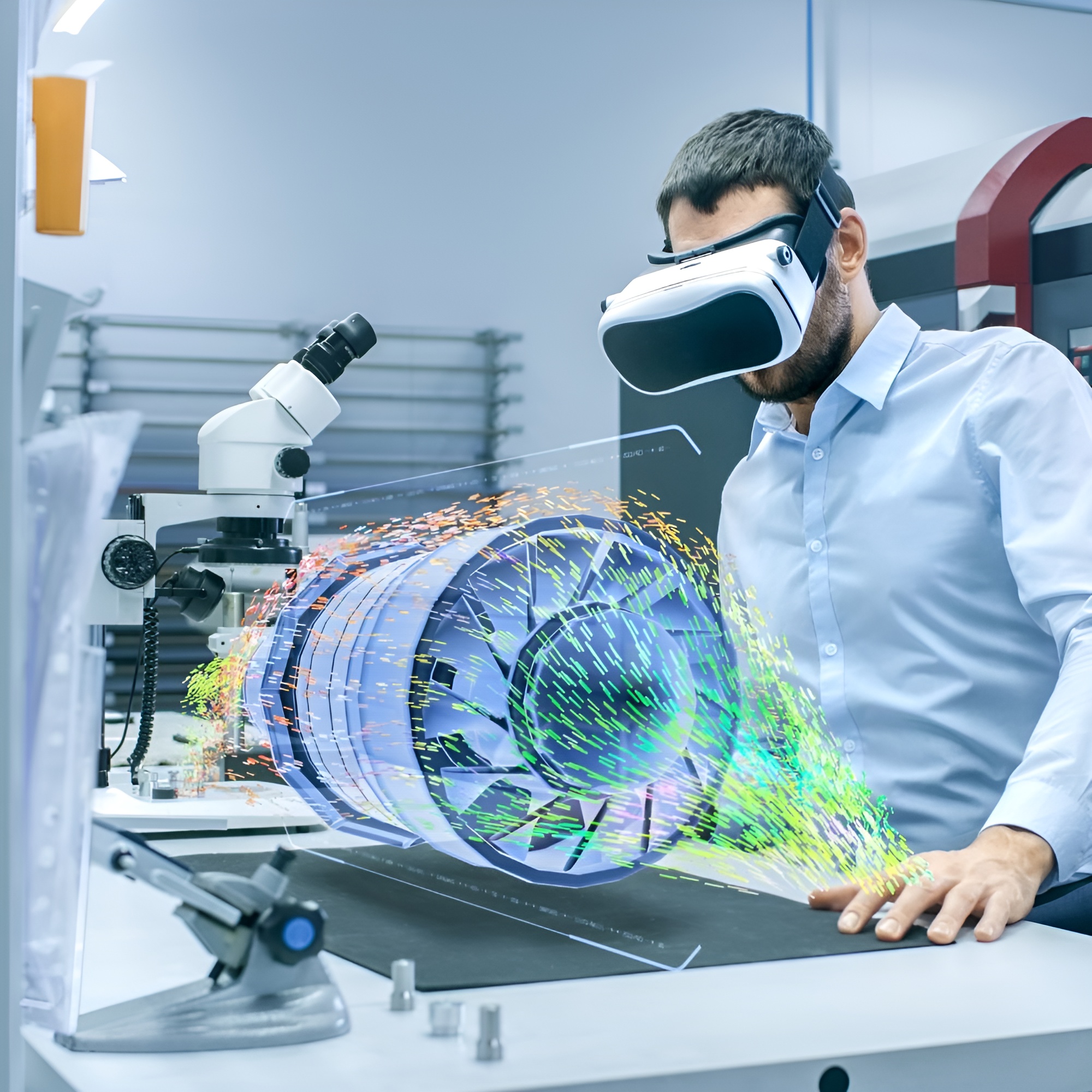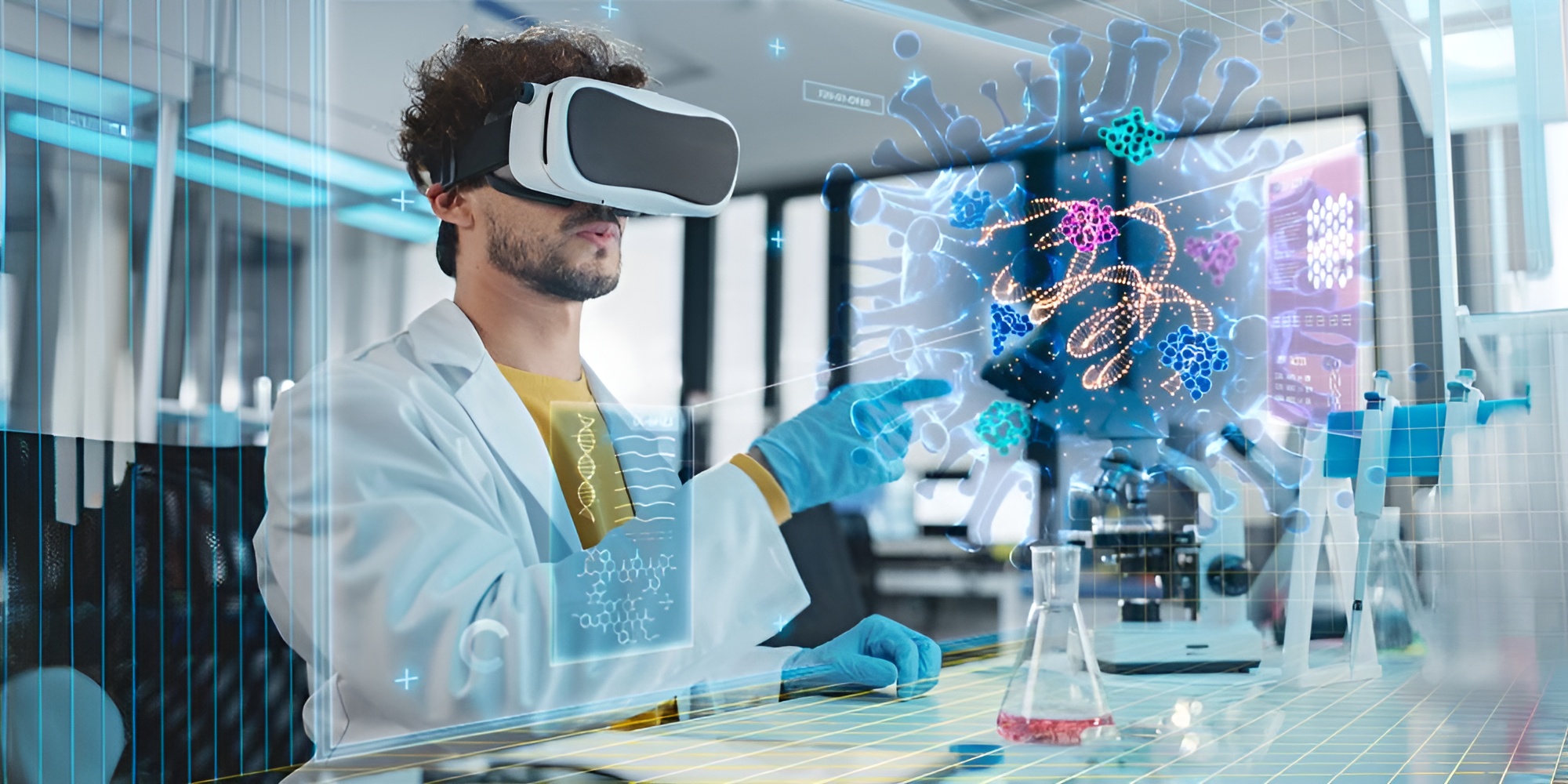
Innovation and Knowledge Transfer
Industry-University Research (IUR) collaborations are instrumental in bridging the gap between academia and industry. Universities contribute ground breaking research and innovative ideas, while companies offer real-world challenges that require practical solutions. This exchange fosters the development and transfer of new technologies, methodologies, and best practices. Through IURs, academic findings are translated into real-world applications, benefiting industries and society at large. Additionally, industries provide valuable insights into market needs and trends, guiding academic research toward more impactful and relevant outcomes. The symbiotic relationship between universities and industries ensures that knowledge flows both ways, enabling both parties to stay at the forefront of innovation and maintain a competitive edge in a rapidly evolving global market.

Research and Development (R&D)
Joint Research and Development (R&D) efforts are at the heart of Industry-University Research (IUR) collaborations. Universities focus on fundamental research, exploring new theories and concepts that lay the groundwork for future innovations. Industry partners, on the other hand, apply this foundational research to develop new products, technologies, and services that meet market demands. This collaborative approach accelerates the R&D process, enabling quicker commercialization of new ideas. By combining academic rigor with industry expertise, IURs create a dynamic environment where theoretical knowledge is seamlessly integrated with practical applications. The result is a continuous cycle of innovation that drives technological advancements and economic growth.

Talent Development
Industry-University Research (IUR) collaborations are vital for cultivating a skilled and adaptable workforce. By engaging students and researchers in collaborative projects, IURs provide hands-on experience that bridges the gap between academic learning and real-world application. Students gain valuable insights into industry practices, enhancing their employability and preparing them for future careers. For companies, these collaborations offer access to a pool of talented individuals who are already familiar with industry-specific challenges and opportunities. Moreover, IURs foster a culture of continuous learning and professional development, ensuring that both current and future employees are equipped with the skills needed to thrive in a rapidly changing global economy.

Economic Growth and Competitiveness
Industry-University Research (IUR) collaborations play a crucial role in driving economic growth and enhancing competitiveness at local, national, and global levels. By combining the innovative capabilities of academic research with the practical expertise of industry, IURs lead to the development of new technologies, products, and services. These innovations not only create new business opportunities but also strengthen existing industries, making them more competitive in the global market. Furthermore, the commercialization of research outcomes generates new revenue streams, attracts investment, and creates jobs. IURs are therefore a key driver of economic prosperity, helping regions and nations maintain a competitive edge in an increasingly interconnected world.

Solving Real-World Challenges
Industry-University Research (IUR) collaborations are uniquely positioned to address complex, real-world challenges. By bringing together the theoretical knowledge of academia and the practical expertise of industry, IURs can develop innovative solutions to pressing issues such as climate change, healthcare, and sustainable development. These collaborations focus on applied research that directly impacts society, leading to tangible outcomes that improve quality of life. Whether it’s optimizing manufacturing processes, creating eco-friendly technologies, or advancing medical treatments, IURs provide the tools and insights needed to tackle today’s most significant challenges. In doing so, they contribute to building a more sustainable and resilient future for all.
